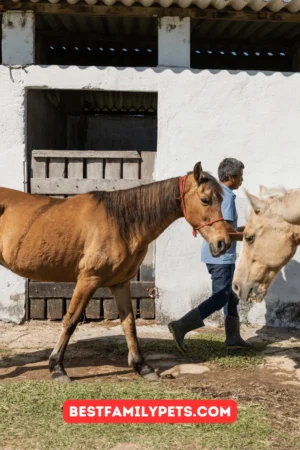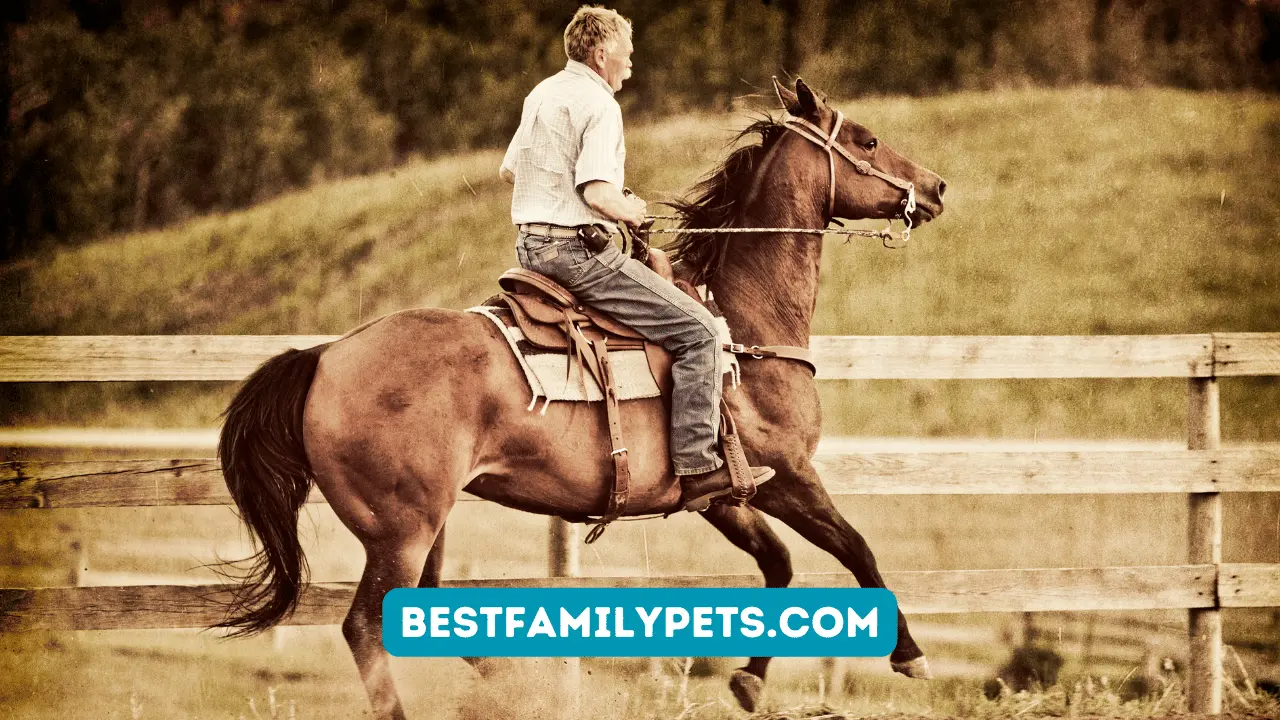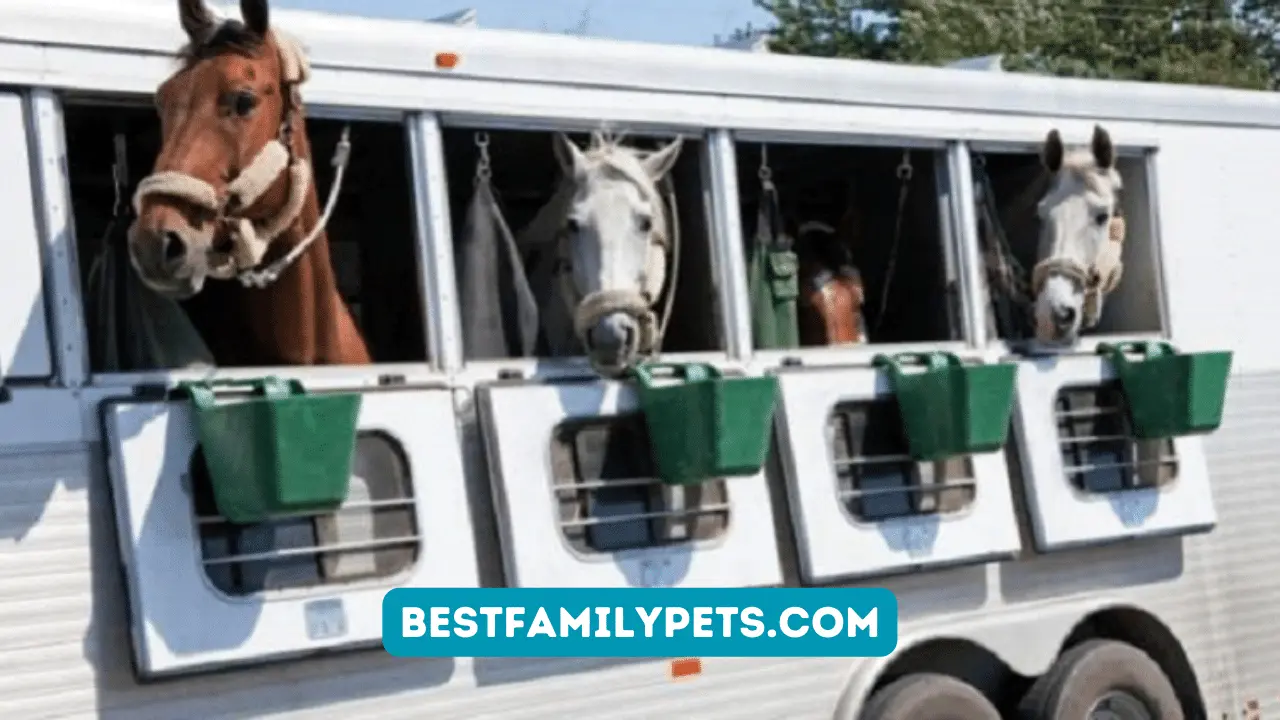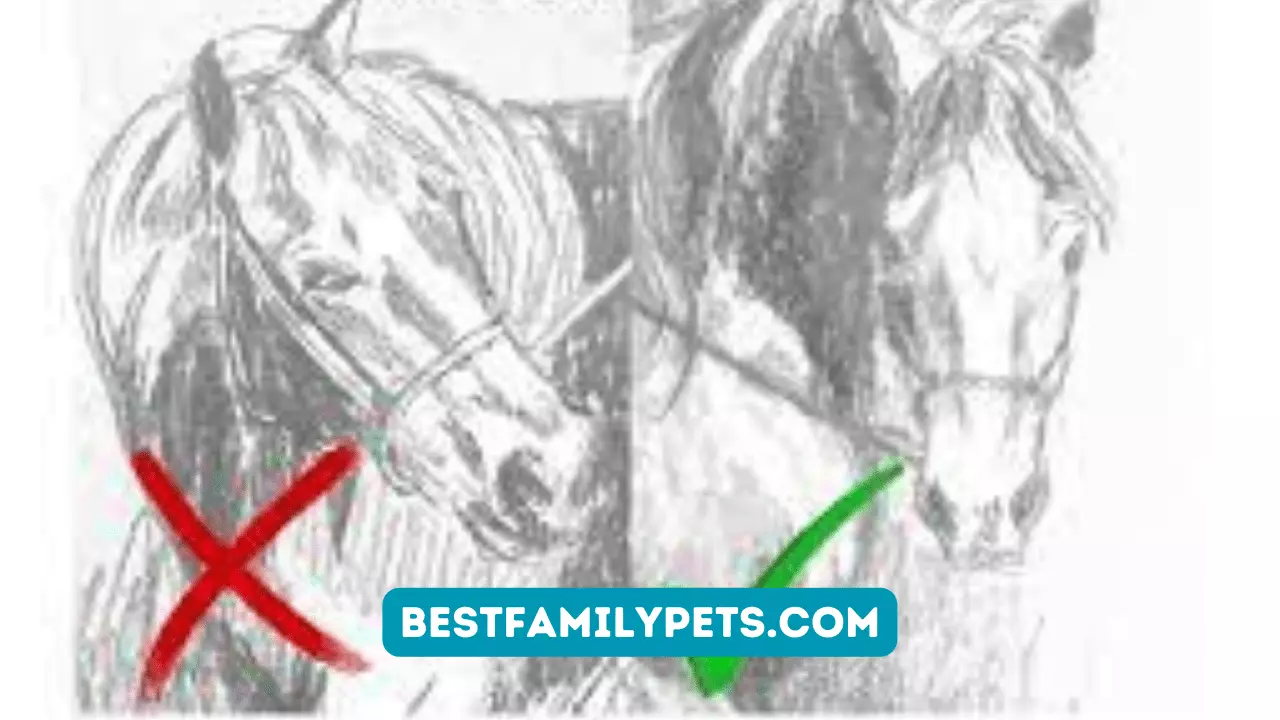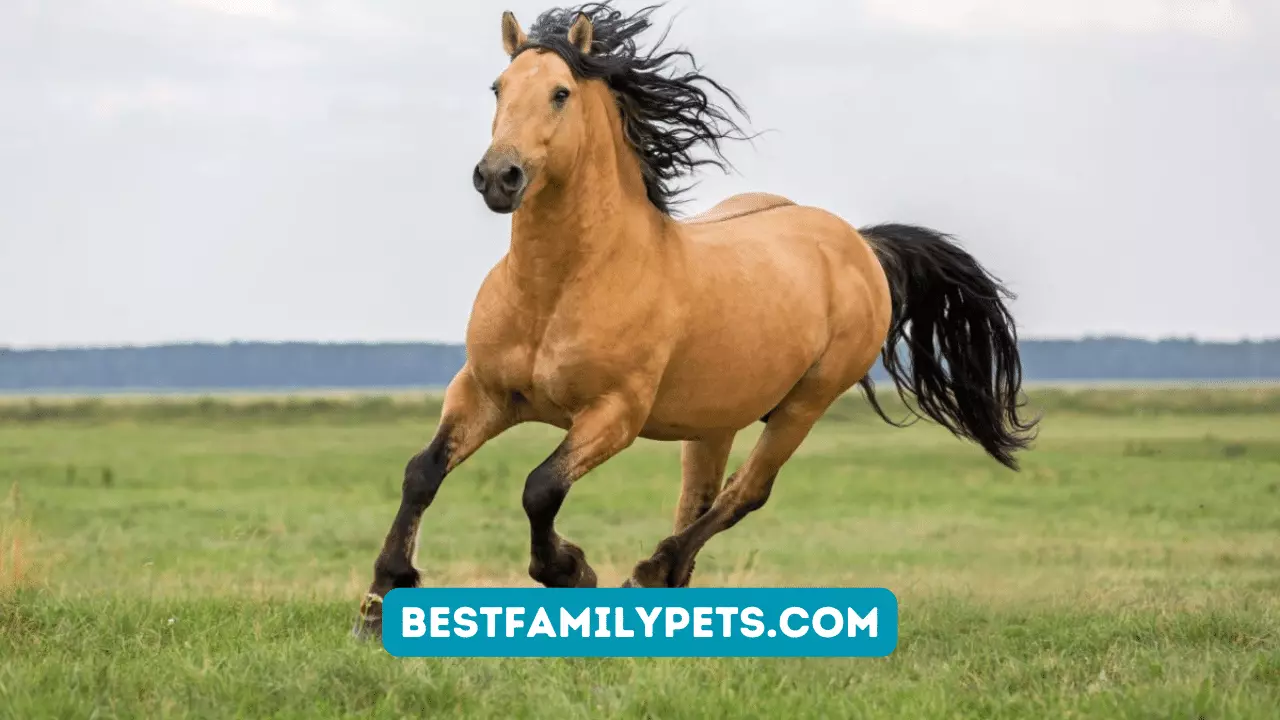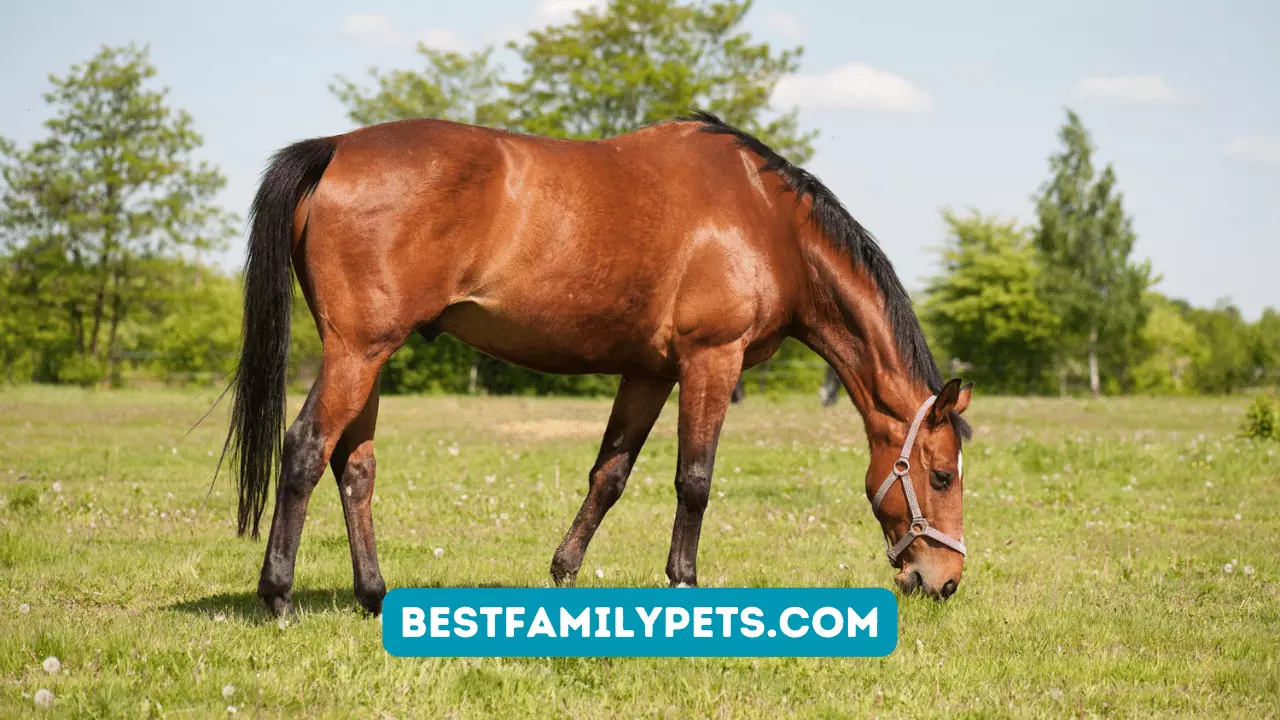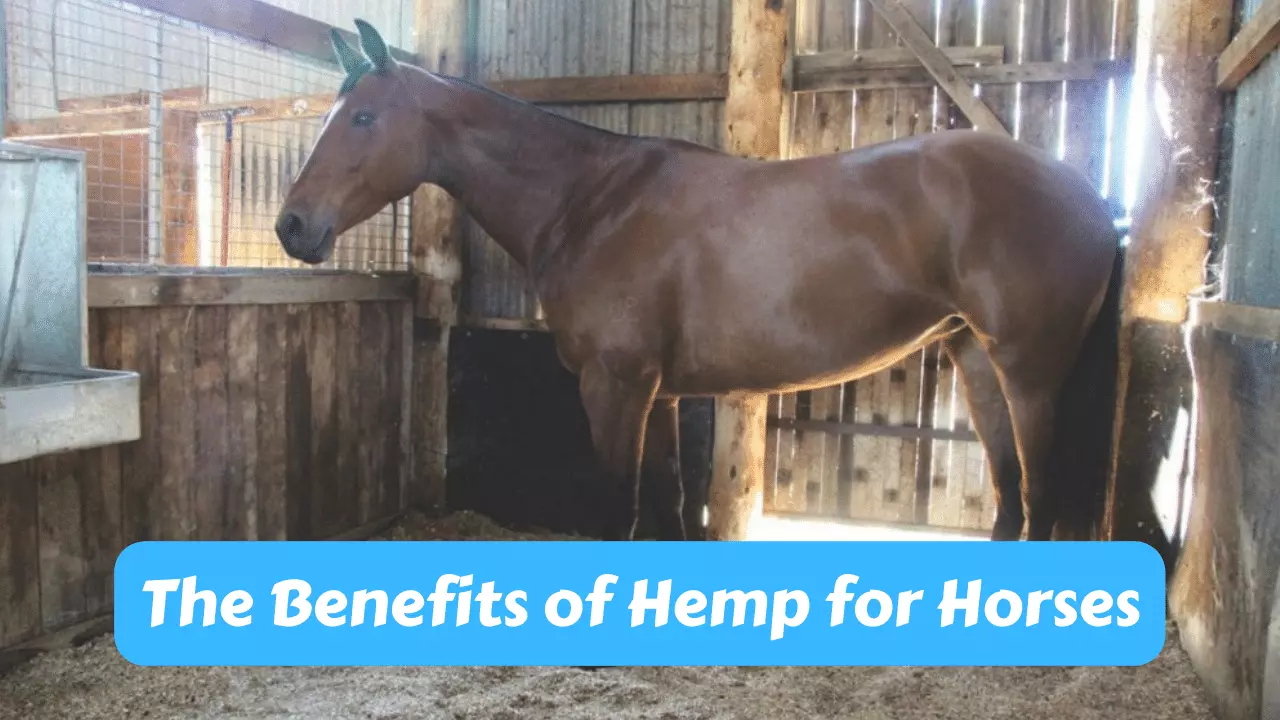Should Horses be Left Inside or Outside the Field Shelters?
Unsure if your horse needs a field shelters? Explore the pros and cons of leaving horses in or out of shelters, ensuring their comfort and well-being in all weather conditions.
A combination of both could be the ideal formula for both free running and overweight, and protection from cold, rain or snow during the winter season.
With the arrival of low temperatures, many people wonder if it is better to keep the horses inside or outside the field shelters. To answer this question, we will try to summarize the advantages and disadvantages of each option. In addition, we give you some tips to prepare the environment in which you will shelter your horses.
In the boxes or outdoors? Comparison of advantages and disadvantages
On the one hand, raising horses outdoors means respecting their natural way of life and giving them more freedom. We must not forget that equines are independent beings, ready to survive in nature. Training and training them does not change their nature or the needs and desires inherent in it.
Keeping your horses outdoors also helps to maintain a healthy weight and maintain daily physical activity. Non-athletic horses reared in field shelters (stables) grow more easily, and are more vulnerable to diseases associated with obesity.
But living outdoors can also pose a risk to the health of our equines. In many countries, winter creates unfavorable conditions for the development and survival of horses. In addition, in the wildest areas, loose horses are more vulnerable to potential predator attacks.
Although some equines manage to adapt to the extreme cold, this should not be understood as a rule that concerns all species. The horses are from temperate climates. This is why very low temperatures and climatic hazards can affect their health.
If we want to raise horses in dedicated environments, we must offer them the optimal conditions for their development. In places where winters are very cold, this means building field shelters (stables) where they can be sheltered and protected.
So, is it better to keep the horses in the field shelters (stables) or outside?
In their natural habitat, horses live outdoors and have the freedom to move when they want or want. However, they could also choose to stay warm in the face of climatic hazards, such as rain, wind, snow or extreme cold. In other words, as soon as they need it, horses seek shelter to avoid being exposed to the weather.
Therefore, it is best to leave the horses outside when weather conditions are favorable. In this way, we manage to give our horses the freedom they need, without endangering their health and well-being.
Tips for preparing your horse’s boxing
As we can see, the field shelters (stables) are our allies to protect our horses and keep them healthy. However, they must be provided with care and dedication, so that they are in optimal conditions for the development of horses.
Checking the stability of the structure
Before winter, it is essential to check the structure of the field shelters (stables) and make sure they are ready for the animals. When checking the roof, we must make sure that there are no cracks or holes that allow water to leak or cold to enter.
Each stable must have a space where the horse can sleep and rest. C and place should be warm, clean and well ventilated to prevent moisture build-up. It is also advisable to leave a blanket at the horse’s disposal, or to cover it directly at night.
Good hygiene is crucial to your horse’s health
In addition to being well isolated, horse field shelters (stables) must always be kept clean. Daily housekeeping will be essential to prevent the accumulation of impurities and food debris, and to prevent the proliferation of micro-organisms.
The stable should also have good ventilation and good lighting to fight against the concentration of mold or bacteria. In winter, or during very rainy seasons, the humidity of the air is more intense. Therefore, we must be vigilant and check daily cleaning field shelters (stables).
Nourish and hydrate during the winter
Another essential care at the onset of cold is to ensure that horses receive balanced nutrition and proper hydration. In winter, equines will need more food. Their bodies must have a reserve of energy to maintain their active metabolism and protect it from the cold.
We will also have to pay attention to their hydration during the coldest season of the year. L are horses in the field shelters (stables) or outside must have the fresh, clean water on hand throughout the day. In addition, water must be protected from the weather to prevent contamination.
You may also like these:
-

Hydration Hacks: Ensuring Proper Watering for Your Horse
-



Should Horses be Left Inside or Outside the Field Shelters?
-



How To Identify And Treat Common Back Problems Of Horses?
-



A Detailed Guide About Ifor Williams Horse Trailer
-



What Is Lateral Flexion in Horses, and How to Improve It?
-



Trailer Review: The Sims 4 Horse Ranch Expansion Pack – The Joy of Equestrian
-



Senior Horse Feed: Meeting The Nutritional Needs Of Your Aging Equine
-



5 Ways To Improve Your Horse’s Gut Health
-



5 Ways To Keep Your Horse Healthy
-



The Benefits of Hemp for Horses
-



Four Ways To Be A Better Horseback Rider
-



How to Compete in Your First Horse Show?



